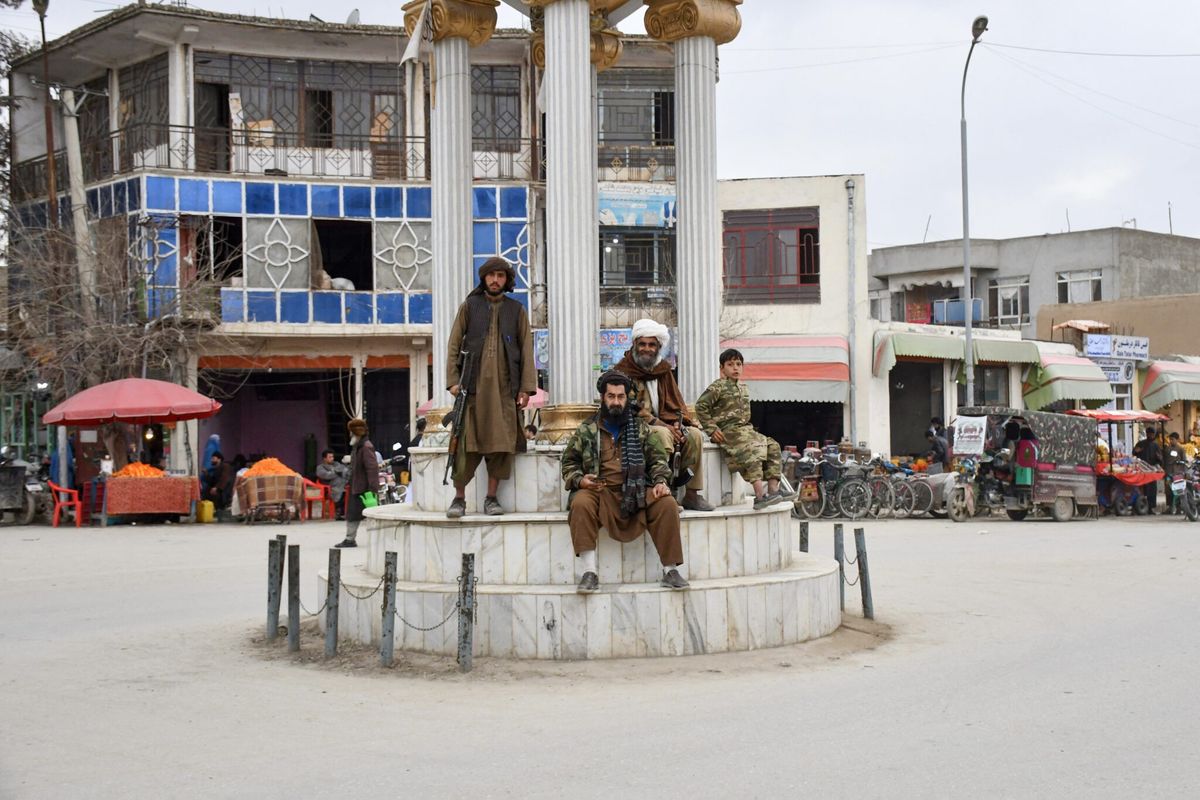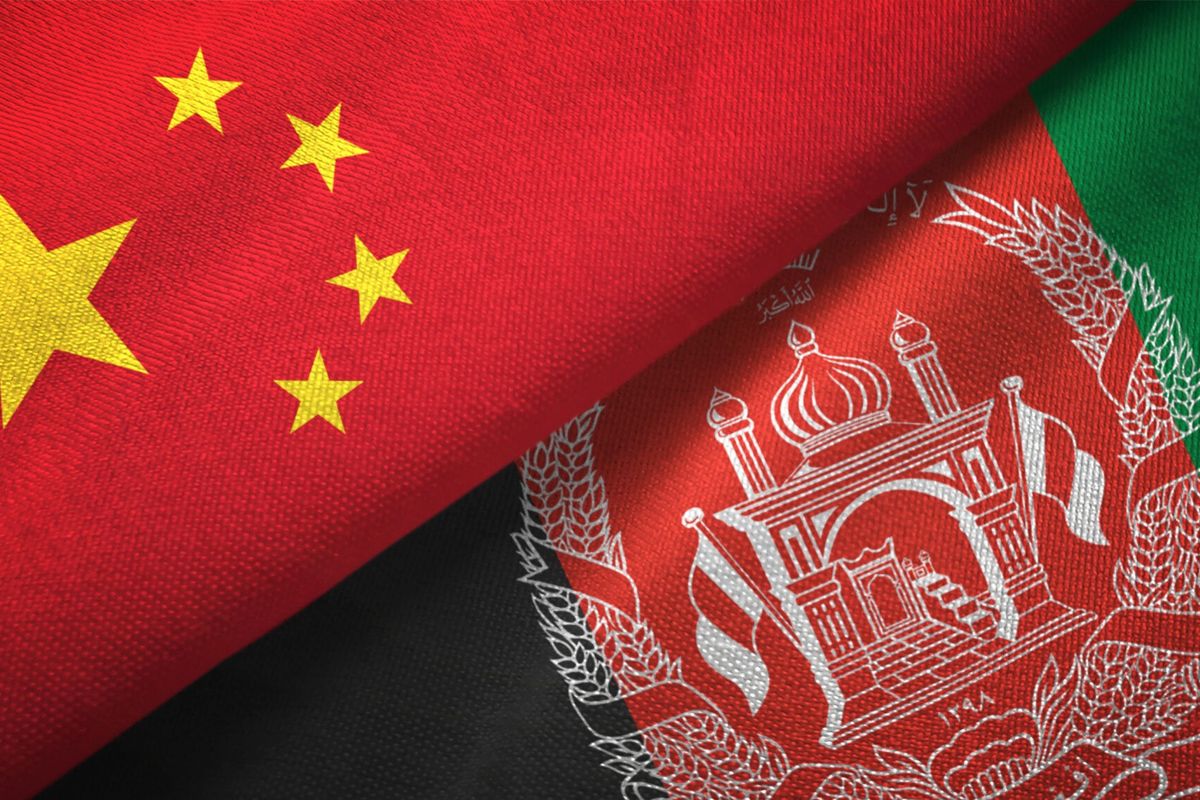Cipher Brief Expert Tim Willasey-Wilsey served for over 27 years in the British Foreign and Commonwealth Office. He is a Visiting Professor of War Studies at King’s College, London.
OPINION — It seems likely that the intra-Afghan talks will resume in Doha this week in spite of the attack on Fawzia Koofi, a female member of the government delegation. That apparently targeted attack, and similar events in recent months, suggest there are still parties that are intent on sabotaging the peace process. One obvious motive would be to test President Trump’s fragile patience and persuade him to announce the withdrawal of the 7,000 remaining US troops before voting begins in the US Presidential election in November.
In a recent poll, come Cipher Brief readers signalled their disinclination to read John Bolton’s memoir The Room Where It Happened. They were probably wise. It is a deeply depressing reflection on how United States foreign policy and its machinery have fallen into disrepair over recent years.
But the text will be carefully scrutinised in other capitals. Most of the content is predictable for anyone who has followed international affairs over the past 4 years. There are few surprises about President Trump’s opinions on NATO, the European Union, China, Iran, Korea, Venezuela and the Middle East. But although Bolton is careful to avoid what he carefully terms “legitimately classifiable material” there are moments when he does real damage to US interests. One example is on Afghanistan.
Bolton writes; “I knew what I wanted to achieve in Afghanistan, and Trump’s other senior advisors shared my two objectives. Tied for first were (1) preventing the potential resurgence of ISIS and al-Qaeda and their attendant threats of terrorist attacks against America and (2) remaining vigilant against the nuclear-weapons programs in Iran on the west and Pakistan on the east.”
The statement that the role of US forces in Afghanistan has anything to do with Pakistan’s nuclear weapons programme plays to every Pakistani conspiracy theory since 9/11. Even some senior Pakistani army officers believe that the deployment of US troops to Afghanistan in late 2001 was motivated as much by an intention to capture or destroy Pakistan’s nuclear weapons as to defeat Al Qaida. This theory was reinforced in their minds when the US used Afghan territory to launch the mission to kill or capture Osama bin Laden in May 2011. In their minds, it showed a willingness to mount unilateral operations into Pakistan and an ability to circumvent Pakistani air defences.
That the US is deeply concerned about Pakistan’s nuclear weapons is, of course, no secret. That disquiet has existed for more than a decade. In his book Obama’s wars, journalist Bob Woodward outlined the problem, drawing on unnamed sources in the administration. “One of the closest held secrets of President Bush’s inner circle was that the President had lost his appetite for military contingency planning. The tough talking, sabre-rattling Bush administration had not prepared for some of the worst-case scenarios the country might face.”
He then continues; “and most tellingly nothing on the shelf specifically addressed securing Pakistan’s nuclear weapons. Obama’s team would have to develop a graduated plan dealing with a range of circumstances from Pakistan losing a single nuclear weapon all the way up to the Pakistani government falling to Islamic extremists who would then have a nuclear arsenal. Compounding the problem was a lack of knowledge of the location of all of Pakistan’s nukes. The sites were scattered across the country, with the weapons frequently moved in a classic shell game.”
Later, Woodward’s sources described the Biden Plan called “Counterterrorism Plus” which the then Vice President tried but failed to champion against General Stan McChrystal’s larger-scale “surge”. Nowhere amongst the tasks was any mention of keeping an eye on the Iranian or Pakistani nuclear programmes. Indeed, all the criticisms of the Biden Plan (which envisaged a force of 20,000; far more than the current 7,000) were that it did not provide enough firepower even for the limited role for which it was intended.
The idea that US forces in Afghanistan might have a role against Pakistan’s nuclear arsenal seems to have originated around 2009. An article in The New York Times Magazine in January that year entitled Obama’s worst Pakistan nightmare, laid out Pakistan’s need to protect those weapons from “Islamic militants, al Qaeda scientists, Indian saboteurs and those American commando teams that Pakistanis imagine, with good reason, are waiting just over the horizon in Afghanistan, ready to seize their nuclear treasure if a national meltdown seems imminent.”
I take issue with the writer’s “with good reason”. The idea that 120 to 150 nuclear warheads can be snatched in a commando raid, or even several commando raids, is absurd. If anything of this nature has ever been contemplated, let alone planned, it would be a massive undertaking requiring substantial military resources over a number of days if not weeks. The US’s minimal footprint of 7,000 personnel in Afghanistan (soon to reduce to 5,000) might have one or two niche roles to play but its involvement would be marginal. Furthermore, the US force in Afghanistan has its hands full with its CT mission.
But the Pakistani army won’t see it like that. Bolton’s comment will be produced as evidence at GHQ Rawalpindi for why the US must leave Afghanistan entirely. Furthermore, Pakistan possesses that capability. With the Haqqani group at the centre of the Afghan Taliban’s negotiating team and able to operate with relative impunity across Afghanistan, GHQ Rawalpindi can ensure that, whether the Doha talks fail or not, the US gives up on Afghanistan.
Read more expert-driven national security insight, perspective and analysis in The Cipher Brief














